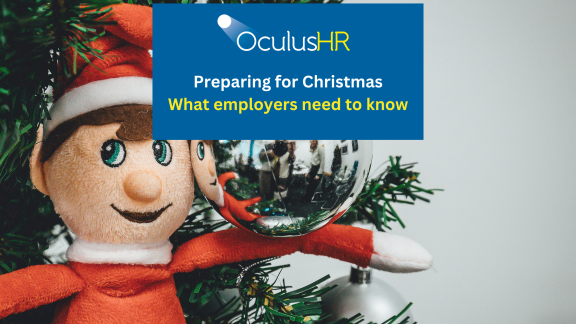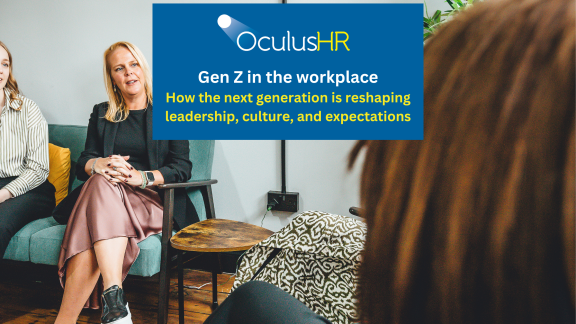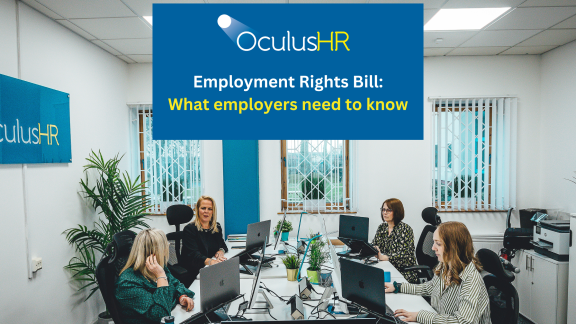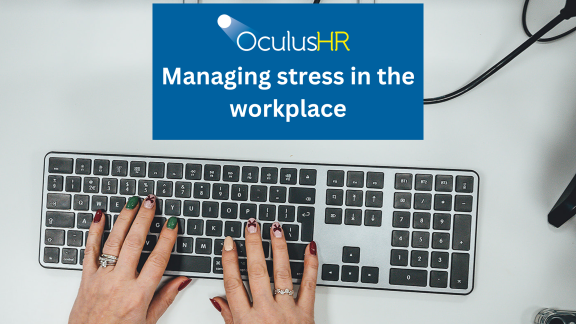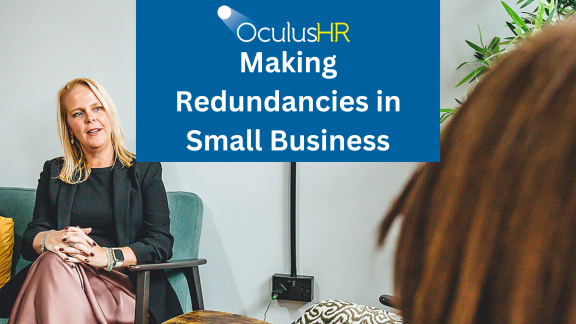Artificial intelligence (AI) is no longer a futuristic concept, it’s already reshaping the way we work. Research shows that many UK workers already use AI in their role, often without telling their employer.
In one survey, 65% said they intentionally use AI at work, underlining just how quickly AI is becoming part of everyday working life.
For employers, this shift brings huge opportunities but also new challenges. Used well, AI can save time, improve accuracy, and free up teams to focus on higher-value work. But it also raises important questions about compliance, ethics, and how we prepare people for change.
The benefits of AI in the workplace
AI has the potential to transform how businesses operate. Some of the biggest benefits include:
Efficiency and productivity
Automating repetitive tasks such as data entry, payroll, or scheduling allows teams to focus on higher value work.
Recruitment support
AI tools can help sift CVs, reduce bias in shortlisting, and speed up hiring processes.
Employee support
Chatbots and self-service systems can give staff quick answers to HR or IT queries, improving accessibility.
Better decision-making
Data-driven insights can help leaders understand trends in performance, absence, or engagement more clearly.
With opportunity comes responsibility. Employers need to think carefully about how AI is introduced and monitored within their organisation.
Key challenges include:
Bias and fairness
AI is only as good as the data it’s trained on. If that data is biased, the outcomes may be too.
Transparency
Employees should know when AI is being used, and how it affects decisions about them.
Data protection and GDPR
Sensitive business or employee data being entered into AI tools can create serious compliance risks. In fact, research shows that almost 35% of data pasted into AI tools is classed as sensitive, highlighting the importance of careful use.
Job security concerns
While AI can enhance roles, poor communication may leave employees worried about being replaced.
The human factor
AI should never replace human judgement when it comes to managing people. Decisions about hiring, performance, or grievances still require empathy, context, and discretion.
The most effective approach is to see AI as a support tool, not a replacement. By taking on repetitive or time-consuming work, AI frees managers and business leaders to focus on what matters most – building relationships, supporting wellbeing, and driving culture.
Preparing your business for AI
AI is evolving quickly, and businesses that prepare now will be best placed to benefit. Employers can take practical steps such as:
Introducing a clear AI policy so employees know what is and isn’t acceptable use
Training managers and staff to feel confident about using AI responsibly and effectively
Keeping human oversight in place for any decisions that affect people, to ensure fairness and compliance
AI is already having an impact in the workplace and its influence will only grow. For employers, the key is to embrace the opportunities while staying mindful of the challenges.
Handled well, AI can make businesses more efficient, support employee experience, and strengthen decision-making, but it must be balanced with human skills and judgement that technology can’t replace.
If you’d like support in navigating the people side of AI, from policy development to change management, we’d love to help.
At Oculus HR, we’re here to provide clarity and confidence as you adapt to the future of work.
